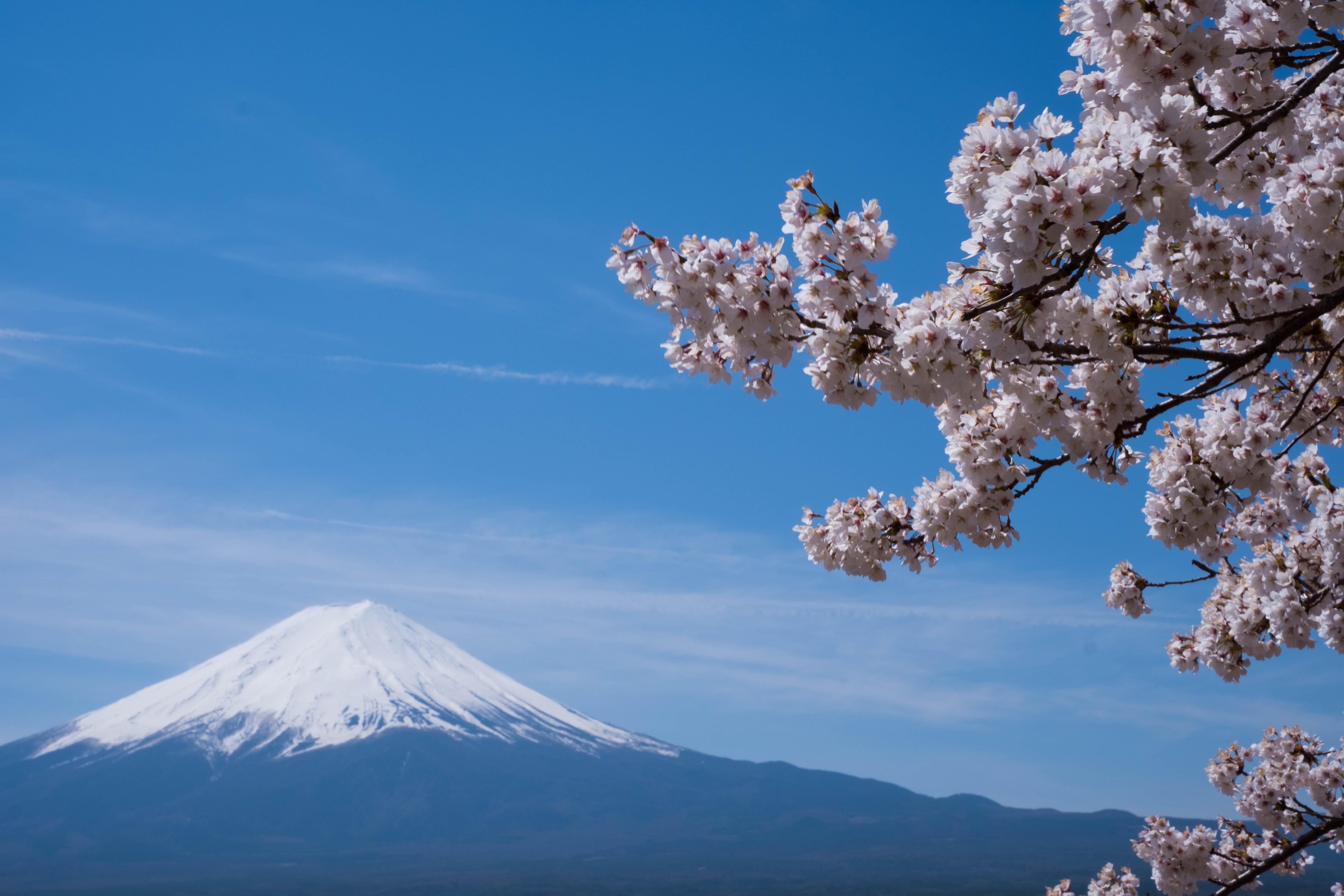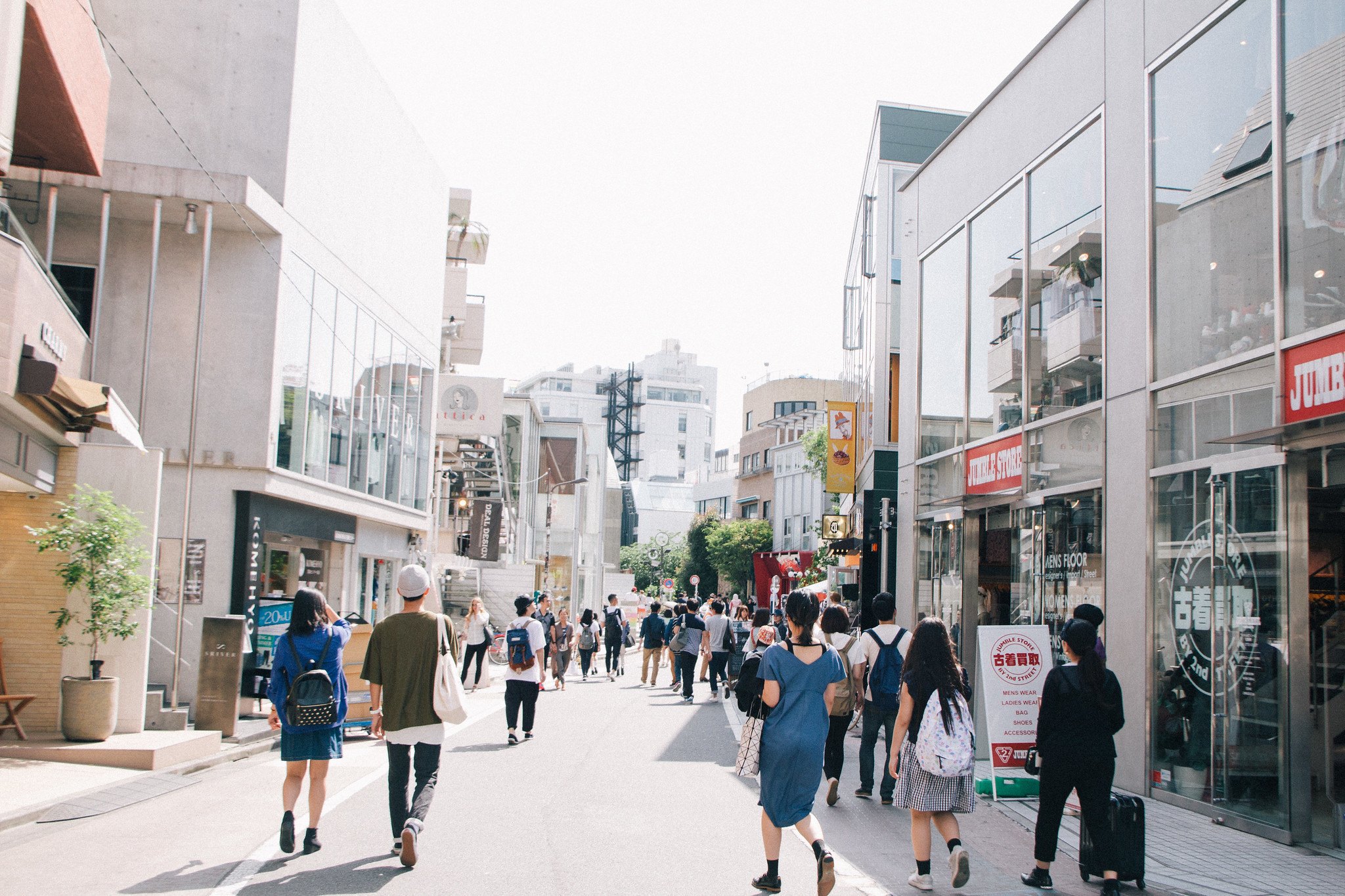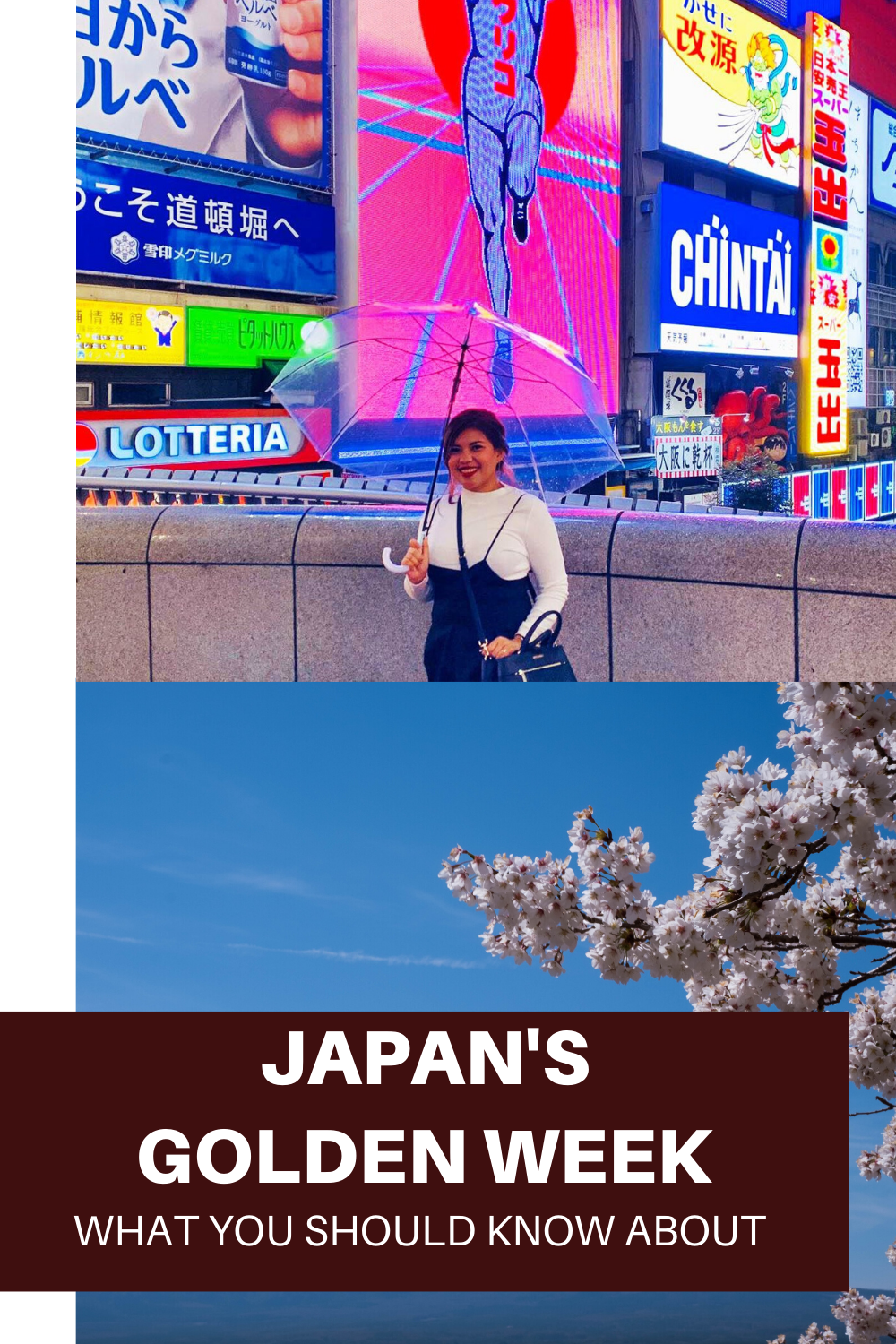Japan’s Golden Week – What You Should Know about the Golden Week In Japan
What happens during Golden Week in Japan may be a bit of a mystery for those who have not visited the country and experienced this national holiday for themselves.
A collection of public holidays when most of Japan is offered paid leave and has some free time to kill, it’s a period when a large percentage of the Japanese population undertakes both domestic and international travel. 
Other than how to say ‘Happy National Day’ in Japanese (it’s guó qìng jiē kuài lè, by the way), read on for the other top facts you should know about Golden Week if traveling to Japan during the holiday.
Table of Contents
1. The holiday was invented by the Japanese film industry
Nine official holidays, many concentrated from the end of April to the beginning of May, were officially established in Japan when the National Holiday Laws were introduced in 1948.
However, the term ‘Golden Week’ was not coined until a few years later, in 1951, when the managing director of the Daiei Film Studio, Hideo Matsuyama, dubbed the holiday week ‘golden’ because of the large box office receipts collected during the holiday period when the public flocked to movie theatres.
The name stuck and nowadays the period is known as ‘Golden Week’ all across Japan and beyond.
2. Golden Week is the most important holiday in Japan
Golden week matters a great deal to the Japanese, as it is largely seen as an opportunity for this hardworking nationality to enjoy a holiday that they might otherwise feel reluctant to take.
But while many businesses close to allow their workers some downtime, the shops are definitely open during Golden Week in Japan, as the period is a major highlight of the commercial calendar. If you visit Tokyo during the golden week, expect to see the shopping districts full. 
There is also a Golden Week in South Korea as well as a Golden Week in China, although these fall on different dates to the Japanese celebration.
3. So it’s also a busy travel time
One of the most important things you should know about Japan and Golden Week is that it is unquestionably the time when public transportation gets the most crowded in the country.
City dwellers tend to take day trips across Japan to visit the countryside, trains are often packed full on the most popular routes, and traffic jams at busy city intersections are common.
Therefore, it’s easy to see why many international travelers think that Golden Week is a bad time to visit Japan, although, in fact, public transport during the Cherry blossom viewing season from mid-March to early April is even busier.
Nevertheless, if you do plan on visiting Japan during Golden Week, you should definitely consider making hotel and train ticket reservations well in advance to ensure availability.
4. Golden Week is made up of several holidays
Golden Week lasts for 6 days between April 29th and May 5th, although the biggest block of holidays falls from May 2nd onwards when Japanese citizens typically enjoy a full 5-day weekend. 
The main holidays that make-up Golden Week include:
- Shōwa Day, 29th April – A public holiday celebrating the birthday of Shōwa period Emperor Hirohito, who ruled Japan from 1926–1989.
- Constitution Day, May 3rd – Also known as Constitution Memorial Day, and is a celebration of the enactment of the Constitution of Japan in 1947.
- Greenery Day, May 4th – Held on April 29th every year during the Shōwa period to celebrate the Emperor’s Birthday, it was moved to May in 2007 and given its current name to reflect the former ruler’s love of plants. In its present form, this holiday encourages an appreciation of nature.
- Children’s Day, May 5th – Previously known as Boys’ Day, the name of this holiday was changed in 1948 to be more inclusive. It is also sometimes called The Feast of Banners, perhaps because the day is celebrated by encouraging children to fly bright colorful windsocks representing members of the family.
Dates can change depending on the year, however, If a public holiday lands on a Sunday, the next non-holiday becomes a celebration day that year.
If any of the Golden Week holidays fall on a Sunday, a Compensation Holiday is usually held on either April 30th or May 6th.
5. Children’s Day Is the Most Colorful Celebration
While the other Golden Week days are largely an excuse to take a break and do not involve major festivities such as parades, Children’s Day is full of exciting delights for families to take in.
As mentioned above, Children’s Day is largely celebrated by the flying of colorful windsocks by families in cities across Japan. These fish-shaped kites represent the legend of a carp who decided to swim upstream against a strong current and became a dragon in the process.
Traditionally, each member of the family flies a different color carp, with a bluefish for fathers, pink or red for mothers, and either blue, green, or orange for children.

One of the best places to see a carp display during Children’s Day is at Tokyo Tower, which is traditionally decorated with over 300 illuminated fish streamers.
If you plan to visit Japan on another Golden Week holiday other than Children’s Day, Nagoya and Kyoto both offer excellent family-friendly sightseeing itineraries to keep kids entertained.
6. Golden Week 2020 was affected by Coronavirus
Golden Week 2020 fell during the coronavirus pandemic, and, while travel restrictions were initially expected to be lifted before the holiday period, the Japanese government ultimately decided to discourage holiday travel to reduce the spread of COVID-19.
Yuriko Koike, the governor of Tokyo, asked residents to stay at home and instead celebrate “Stay Home Week to Save Lives” from April 25th to May 6th, and authorities in Okinawa asked tourists not to travel to the normally-popular beach destination until the virus was contained.
However, although Golden Week vacations were canceled in 2020, the nationwide state of emergency in Japan was later lifted by the end of May, and tourist travel between prefectures was again permitted by June.
7. There is also a Silver Week in Japan
If the overcrowded public transport during Golden Week puts you off traveling to Japan in Spring, then you might opt to visit the country during one of the quieter holiday periods.
Taking place in September, Japanese Silver Week is a concept that only recently came to prominence in the country, due to the rare occurrence of the weekend followed by 3 consecutive holidays that happened in 2009. 
However, like Golden Week, the ‘Silver Week’ terminology was actually coined by film studio executives back in the 1950s to promote large box office attendance during the period.
The holidays that makeup Silver Week are:
- Respect for the Aged Day, which originated in rural Hyogo Prefecture in 1966, but quickly became a national institution due to the respect the Japanese have for the elderly.
- Autumnal Equinox Day, a public holiday that carries over from a corresponding celebration in the Shinto religion.
- Kokumin no kyūjitsu, or Citizens’ Holiday, which only becomes a holiday if it falls between the two other days.
Nowadays, many Japanese citizens take advantage of the period to travel abroad, so internal tourism in the country tends to be less busy.
It may, therefore, be an ideal time to travel to the country and explore Japanese attractions without the crowds. Just remember to check whether you need a visa for Japan before you make any plans!

Are you on Pinterest? Pin these!


